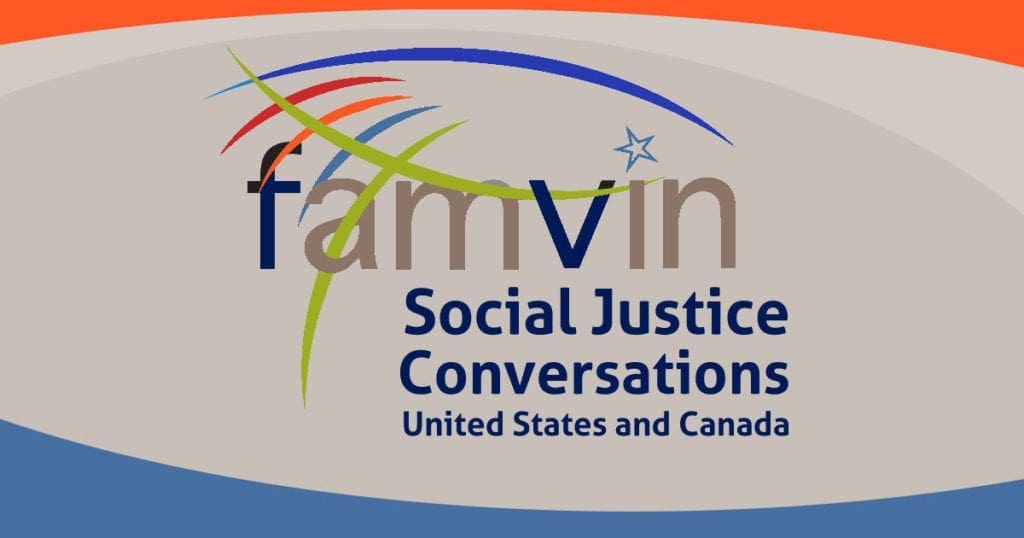A few days before Christmas, I had the chance to visit a family of eight who were about to be evicted. The mother had just given birth, couldn’t work, and had no benefits to provide income. The father was a day laborer and missed too much work during the birth of their child.
They couldn’t make ends meet. In fact, they had gotten so far behind on rent payments that it was more than our St. Vincent de Paul conference could handle alone. As is frequently the case, we needed to partner with the local community assistance agency to pool resources. However, because of high demand, I had to call in a favor to get this family in to meet with a case worker that day. (In a better world, both of our organizations would have the financial and staffing capacity to have handled all of the requests for assistance. In a more just world, the family would not have needed help in the first place. Both are topics for a different discussion.)
In the end, the family received enough assistance to pay the rent.

We all use our “social capital”-our circle of friends and acquaintances and their circle of friends and acquaintances at different times. In this case, I used my connections, and our reputation in the community, to help a family in crisis. But, do we ever use our social networks to do more for people in need?
A video appeared on this web site 11 years ago (https://famvin.org/en/2014/01/13/poverty-end/) that stayed with me. The message, offered by Brazilian minister Claudio Oliver, ask a poignant questions. “How long would it take you to find something to eat, or a place to stay, if you lost everything?” For most of us, we might be embarrassed to ask friends or neighbors for help. But many of us have enough resources in our social networks to survive-maybe even enough resources to get back on our feet.
That isn’t true for everyone. Almost everybody has some level of acquaintances, friends, and relatives. And those networks can provide help in many circumstances. Most folks in need I visit are well versed in which neighbor can help them baby sit or will barter for a car repair. But these networks help people get by. They often can’t reliably get people on a path to stability.
Our networks, either personal or through our parishes, usually include doctors, lawyers, business owners, and many others that can help the families we help get on more stable footing.
When I first learned about the concept of being born of “privilege” I was very self-conscious of my middle class roots and upbringing. I’m starting to realize that I need to own it. More importantly, I need to share it-to give it away. I need to bring it with me on home visits and connect the folks I visit with the kinds of resources that will really help them get to stability.
Who you know matters. Who you help them to know can matter even more.
Jack Murphy
Society of Saint Vincent de Paul, USA







0 Comments